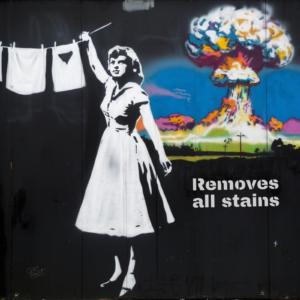So, you’re always there for others, right? Lending an ear, giving advice, or stepping in to help when things go wrong. That’s wonderful. However, there’s a fine line between supporting someone and enabling unhealthy or harmful behaviour. Today, let’s explore how you might be an enabler without even realising it.
10 Enabler Insights
- Constant Rescuer: Do you always jump in to save the day when someone is in trouble? If you’re consistently rescuing someone from the consequences of their actions, you might be enabling.
- Problem Solver: Solving someone’s problems rather than helping them learn to solve problems themselves can lead to dependence.
- No Boundaries: Not setting clear boundaries can encourage others to take advantage of your kindness.
- Fear of Conflict: Avoiding conflict at all costs can sometimes mean enabling problematic behaviour to continue.
- Ignoring Negative Behaviour: Brushing off destructive behaviour or making excuses for others can reinforce these patterns.
- Need to Be Needed: If your self-worth is tied to being needed by others, you may unknowingly encourage their dependence.
- Feeling Guilty: Do you feel guilty when you say no? This can sometimes lead to enabling just to alleviate your own guilt.
- Control Issues: Sometimes, enabling is about control. By keeping someone dependent, the enabler can feel in control.
- Co-dependency: An enabler often has a co-dependent relationship with the person they’re enabling, making it hard to break the cycle.
- Inability to Tolerate Others’ Distress: If you find it unbearable to see someone in distress, even when they need to face the consequences of their actions, you might be enabling.
QR Poet Summary
We all have an inner enabler lurking in us. It’s part of our natural instinct to help others. However, becoming aware of when helping is actually hurting is crucial. If any of the points above resonate with you, it might be time to reassess your actions. Remember, it’s okay to set boundaries and let others face the consequences of their actions. It might feel uncomfortable at first, but in the long run, it’s the best thing you can do for them – and for yourself.










